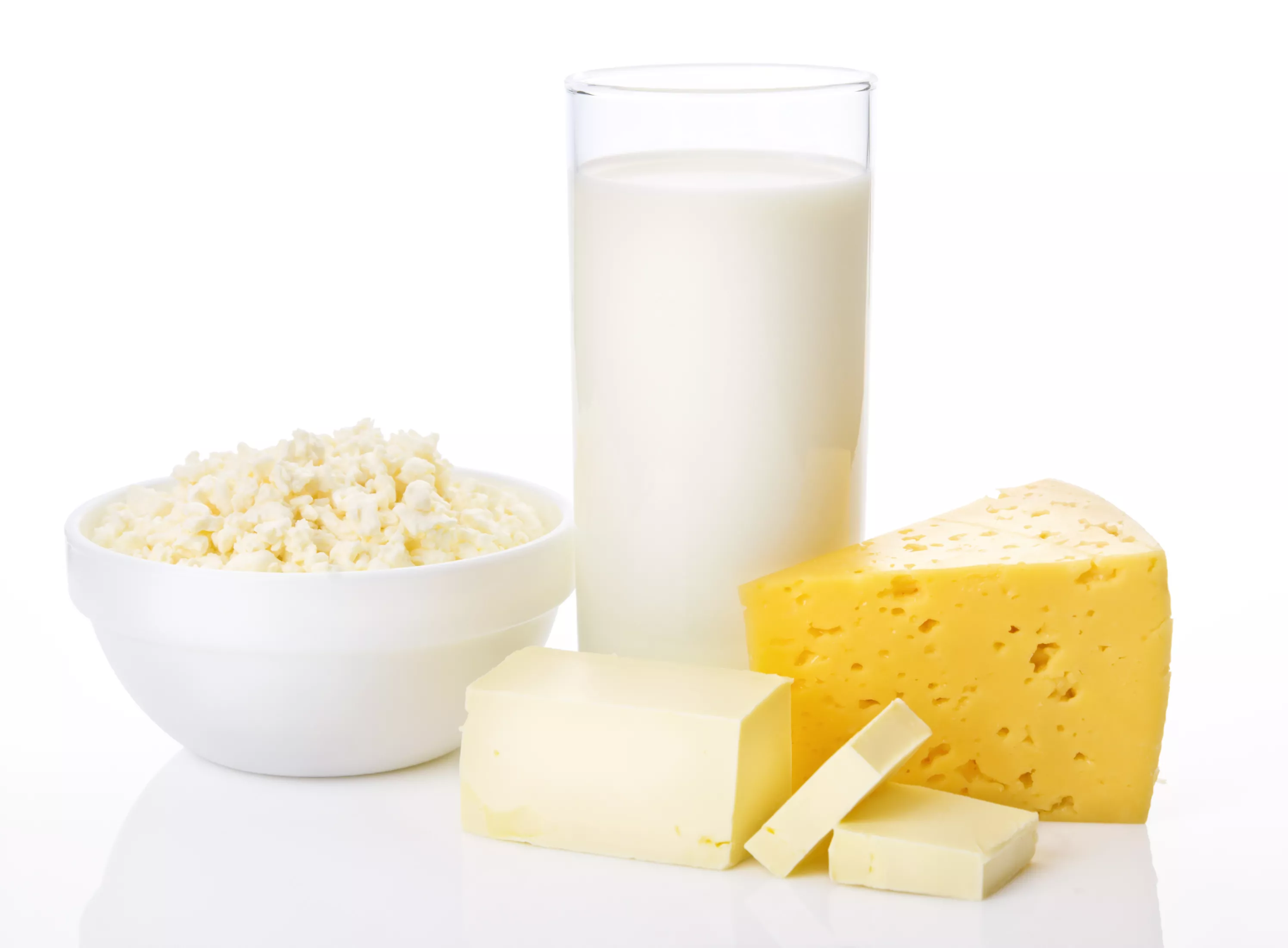

What to avoid if you have heart problems?
People suffering from heart problems such as high cholesterol, blood pressure or hereditary cardiovascular issues stand to benefit greatly with a few changes in their diet. While one might be compelled to “add” a certain food item or adopt a certain pattern in eating, studies have shown that when it comes to heart health – saying NO or essentially “subtracting” certain food items is of greater significance. Improving one’s diet by avoiding the consumption of certain foods can help lower the risk of cardiovascular problems and prevent heart-related diseases.
Before we proceed to find the culprits on our plates, let us look at the key macro and micro substances that essentially are the root cause of aggravating heart issues.
- Saturated Fat and Trans Fat
- Sodium
- Sugar
All three of the above carry specific risks in terms of heart health. While saturated fat is a known enemy in terms of causing blockages, sodium and sugar have been recently identified as equally harmful. Needless to say, it is ideal to begin by avoiding food items that are high in one or all of the above. Here are some foods you must avoid for optimum heart health.
- All forms of Meat
Red meats such as beef, pork and lamb are known to contain a higher amount of saturated fat than other foods. Unhealthy fats such as saturated and trans fats present in meat tend to increase blood cholesterol levels thereby worsening heart conditions. Furthermore, processed meat such as sausages, hot dogs, cured meat, canned meat and salami, are extremely high in sodium and other preservatives that can cause increased blood pressure and other cardiovascular problems over the long term. According to research, consuming two servings of red meat or processed meat per week can be associated with a 3–7% higher risk of heart disease. Nutritionists recommend cutting down on red meat portions, but it is best to avoid it altogether for a healthier heart.

- Animal Fat – Lard, Cheese, Butter etc.
Animal Fat such as lard, butter, cheese etc. used in cooking are a source of high amounts of saturated fat. Increasing cholesterol and blood pressure, these fats increase the risk of cardiovascular maladies. According to Harvard researchers, a higher intake of saturated fats can increase the risk of coronary artery disease to approximately 18%. Similarly, USDA Dietary Guidelines suggest that saturated fat intake must be less than 10% of the total calories consumed.

- Refined or processed foods
Refined or processed foods such as sugary sweets, white bread, refined flour, etc. are generally devoid of nutrients and have a high content of unwanted sugar, sodium and saturated and trans fats. Regularly eating highly processed foods, like packaged junk food, salty and oily snacks, sugary sweets and beverages, fried or processed meat and instant soup, can drastically increase the risk of heart disease and early mortality. A study conducted over 5 years with more than 105,000 adults revealed that a 10% increase in processed food consumption resulted in a 12% higher risk of heart attack or other cardiovascular issues. Another study conducted over a 10-year period tracked 20,000 study subjects. The research revealed that those who consumed greater than four servings per day of highly processed foods showed a 62% higher risk of mortality from all causes including heart problems compared with individuals who consumed just two servings of processed foods per day.
To counter the effects of these harmful products, researchers recommend eating more fruits, vegetables, nuts and seeds to regulate blood pressure and prevent chronic heart conditions and cardiovascular diseases. Furthermore, USDA recommends consuming plant-based oils that are rich in unsaturated fats instead of animal derived oils. A carefully planned plant-based diet can help you lose weight, lower cholesterol and reduce the risk of heart disease.

